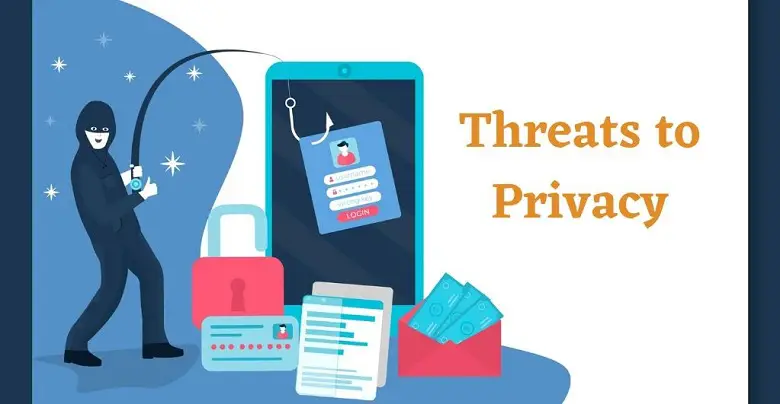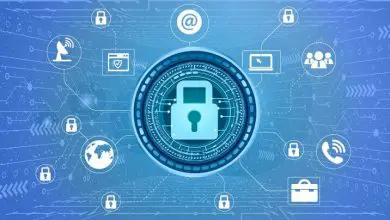Is Your Data Privacy Intact in 2020: a Big No, Apparently!!

This year is obviously not the first one when it comes to the vulnerability of our privacies. In the past two years, netizens have witnessed how a globally spread social media giant was blamed for risking its users’ data privacy.
Time and again, privacy experts have been questioning governments’ role too for the same, but a sure shot solution to this remains far. Amid such circumstances, the ongoing year has added troubles to quite an extent regarding common man’s privacy owing to the pandemic Novel Coronavirus.
Why So Much Fuss about ‘Privacy?’
An immutable use of social media apps or chatting apps combined with the inevitable need for IoT devices has really gathered a lot more info about its userbase than one can anticipate. Imagine you trying to order a pizza using your phone, and instead of getting exactly what you want, you end up receiving a handful of other food delivery suggestions just because your address or number or both, along with your health details are easily available on the internet.
These days, fetching one’s personal info has not remained much difficult, and it makes anybody vulnerable to not just those slightly annoying advertising but to identity theft and possible hacks too.
Coronavirus: the Final Nail in the Coffin of Data Privacy
As if these many threats were not enough, Coronavirus decided to alter everyone’s lives upside down in every aspect. This horrific disease causes most of us to use at least one of the app that can help us to stay away from the virus. Especially those who need to be under quarantine are supposed to use these tracking apps.
While these apps help to remain safe against the virus, they know way more than just your health data. The urgency of controlling the widely spread devastating disease pushes most of the nations to utilize such apps on a mandatory base as it has become essential to save lives.
Phishing Attacks
Phishing attacks are a very common way of fraud. Basically, the attackers try to get very sensitive information about you (e.g., bank account details, OTPs, or even PIN numbers). By doing this, they can easily have access to your accounts, including one’s hard-earned money. Also, this practice also can be used to blackmail someone.
Here, awareness is the only key to remain safe against Phishing attacks. Mostly, such attempts are carried out through a phone call or SMS. Attackers, sometimes, also consider contacting via social media to gain trust. While receiving any such call, it becomes crucial to know from where this call has come from.
Can We Even Try to Escape this?
There is very little chance of not letting our data get exposed out there; especially the last few months have caused every one of us to depend upon internet-based technology either because of the virus or because of the ‘new normal’ work-from-home thing.
Plus, the way we have started to depend upon the constant use of AI and IoT devices, it has become tough to limit our exposure to the privacy threat. Moreover, the face recognition technologies have spread their wings wide in every field.
All these factors have deteriorated the security of our data while it was already not holding the best possible scenario in the first place. However, Being cautious enough while utilizing IoT devices and AI can somehow save the day to a certain extent. Finding an optimal solution that can keep our data privacy intact is a milestone that is yet to attain as of now.



